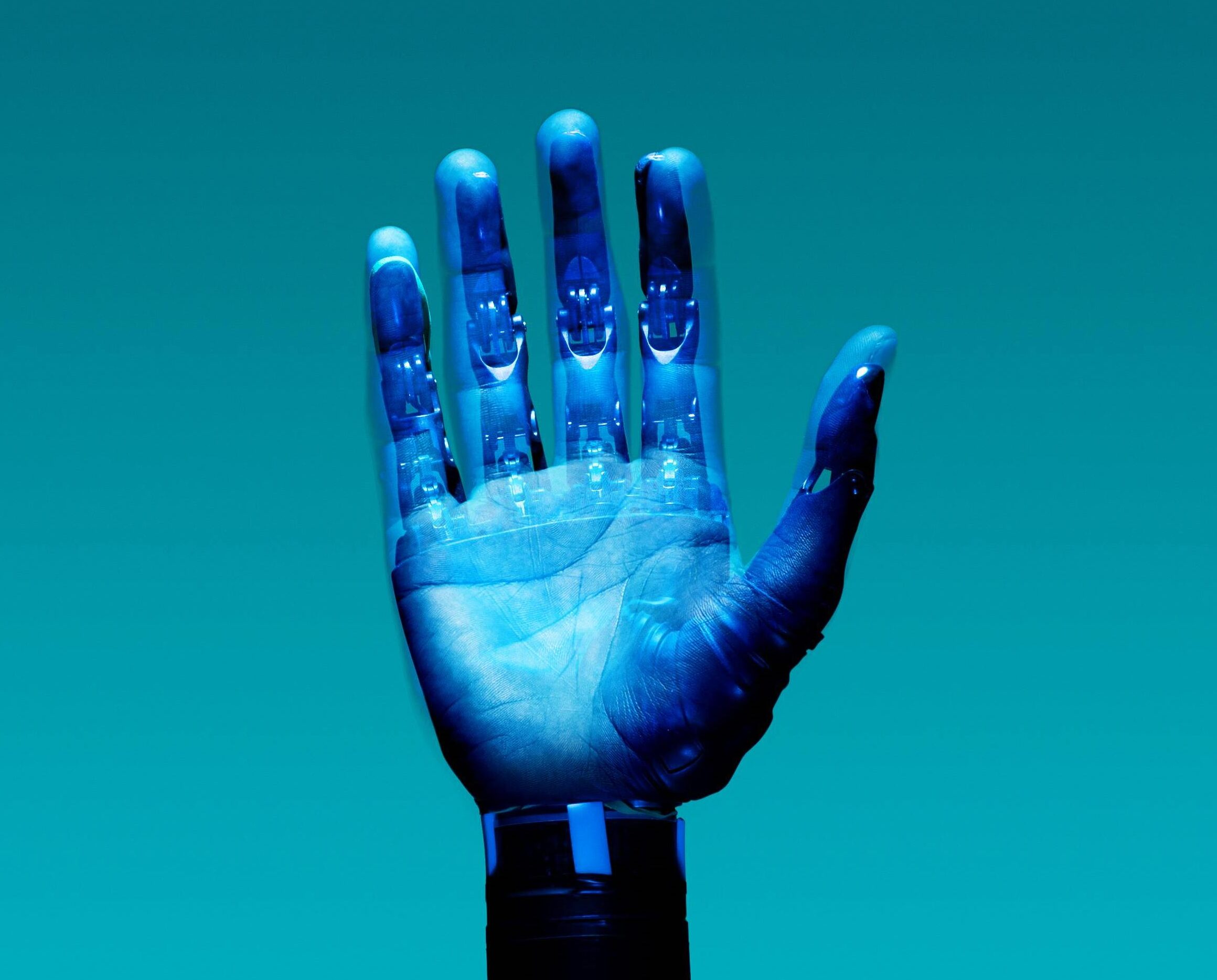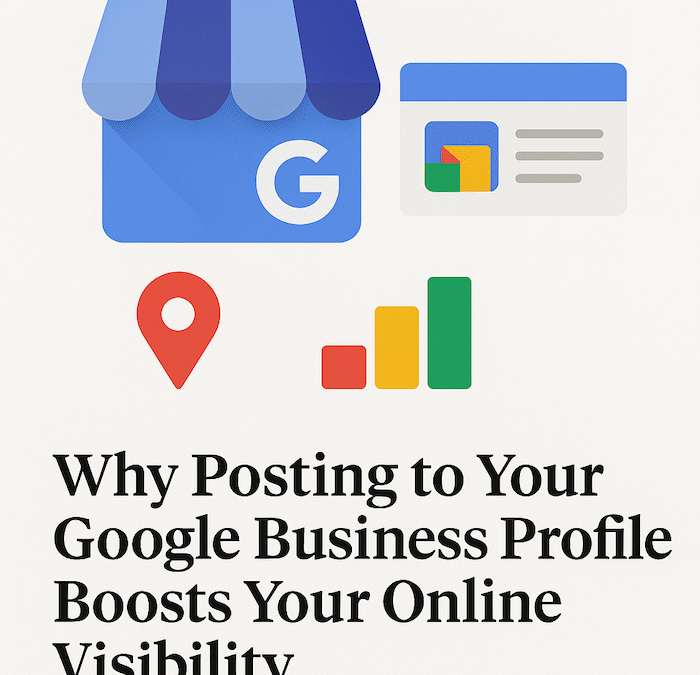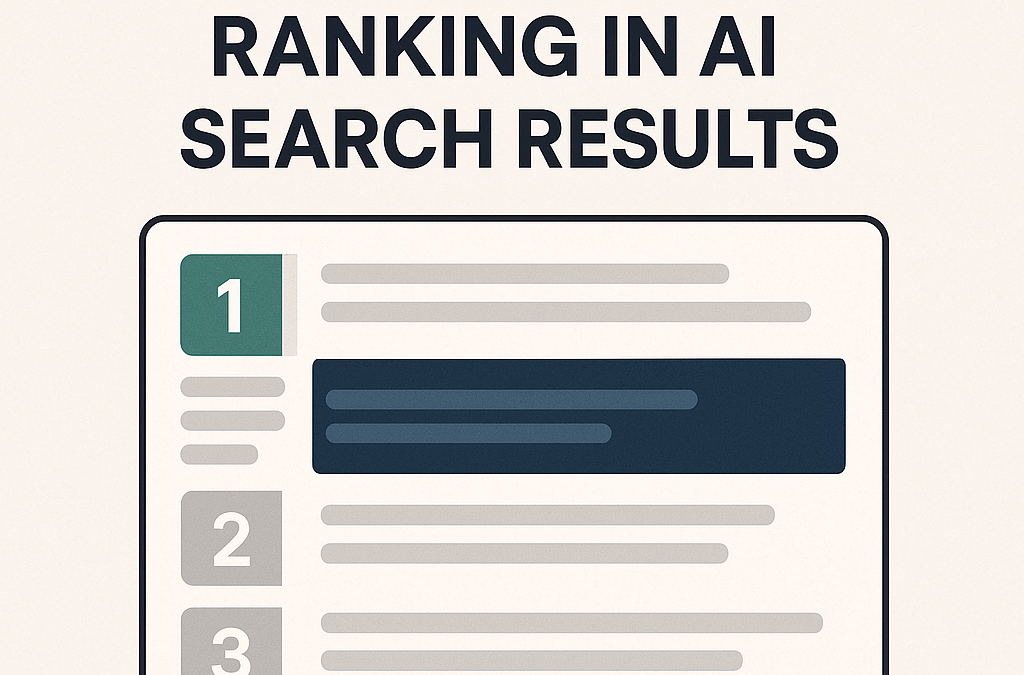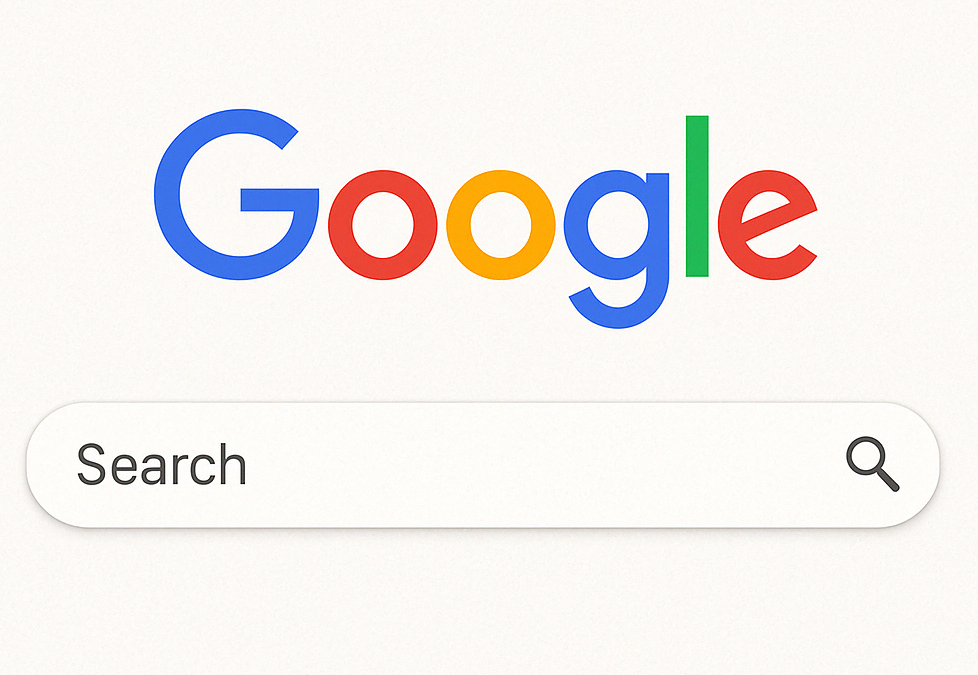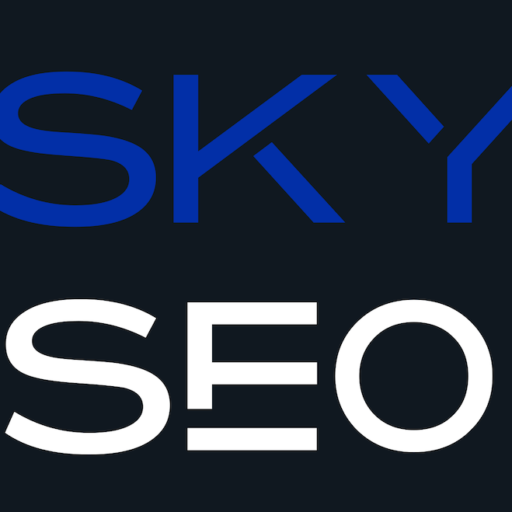The landscape of the tech industry is rapidly evolving, especially with the advent of generative AI and its integration into SEO workflows. This evolution, coupled with significant layoffs in the tech sector, poses a critical question (recently posted on SEJ’s blog): Are we on the cusp of an era where AI could replace human jobs? Companies like Google, UPS, and Duolingo are pivoting towards AI, which signals a shift in how businesses value technology over traditional human labor. This shift prompts an important conversation about the future of employment in the tech and SEO sectors.
The Rising Role of AI in SEO
Transformation of SEO Workflows
With AI’s integration into SEO, the way specialists work has seen a dramatic transformation. Tasks that once took hours, such as optimizing a landing page or devising a content strategy, can now be accomplished much more swiftly and efficiently. AI has supercharged tools used in SEO, making data analysis, keyword research, and content optimization not just faster but more effective. The ability of AI to process vast amounts of data rapidly has provided SEO professionals with insights that were previously hard to come by.
Automating the Tedious Tasks
One of AI’s most welcomed benefits in SEO is its ability to automate repetitive and mundane tasks. This includes generating titles and metadata, checking for broken links, optimizing images, and more. By automating these tasks, AI frees up SEO specialists to focus on more strategic and impactful aspects of their work.
The Indispensable Human Element
Content Creation and Oversight
While AI has proven to be a valuable ally in generating content ideas and even drafting preliminary content, it cannot replace the human touch. High-quality, accurate, and relevant content that adheres to a brand’s voice and E-E-A-T principles requires human oversight. Moreover, with Google’s crackdown on AI-generated content that lacks human input, the role of SEO and content editors in reviewing and refining AI-generated content has become even more crucial.
Strategic Thinking and Creativity
AI might be a powerhouse for data analysis and automation, but it falls short in areas requiring creativity, empathy, and strategic thinking. These aspects are vital for understanding audience needs, crafting compelling messages, and building trust and loyalty. Despite AI’s advancements, human insight and creativity remain at the heart of successful SEO strategies.
Navigating Ethical Considerations
With great power comes great responsibility, and the use of AI in SEO is no exception. SEO specialists must navigate ethical considerations, ensuring that AI tools are used responsibly and in line with search engine guidelines to avoid penalties. This includes being mindful of data privacy, avoiding bias, and ensuring content accuracy and relevance.
AI’s Limitations and the Future of SEO
While AI has enhanced the efficiency of SEO tasks, it’s not without its limitations. AI relies on existing data for training and lacks the capacity for innovation beyond its programming. The nuanced understanding and contextual insights that experienced SEO professionals bring to the table cannot be replicated by AI. Additionally, the effectiveness of AI is contingent upon the quality of inputs it receives, highlighting the need for strategic human intervention.
The Synergy of AI and Human Expertise
As we look towards the future, it’s clear that AI will continue to be an invaluable tool for SEO specialists. However, it will not replace the need for human expertise, creativity, and strategic thinking. The role of SEO specialists is evolving, with a greater focus on managing and interpreting AI-generated data and insights. Those who embrace AI while maintaining a human-centric approach to SEO will find themselves well-positioned for success in this dynamic landscape.
The integration of AI into SEO represents a shift towards more efficient and effective workflows. However, the essence of SEO—strategic thinking, creativity, and ethical considerations—remains deeply human. By leveraging AI’s capabilities and integrating them with human insight and creativity, SEO professionals can navigate the future of the industry with confidence and success.

